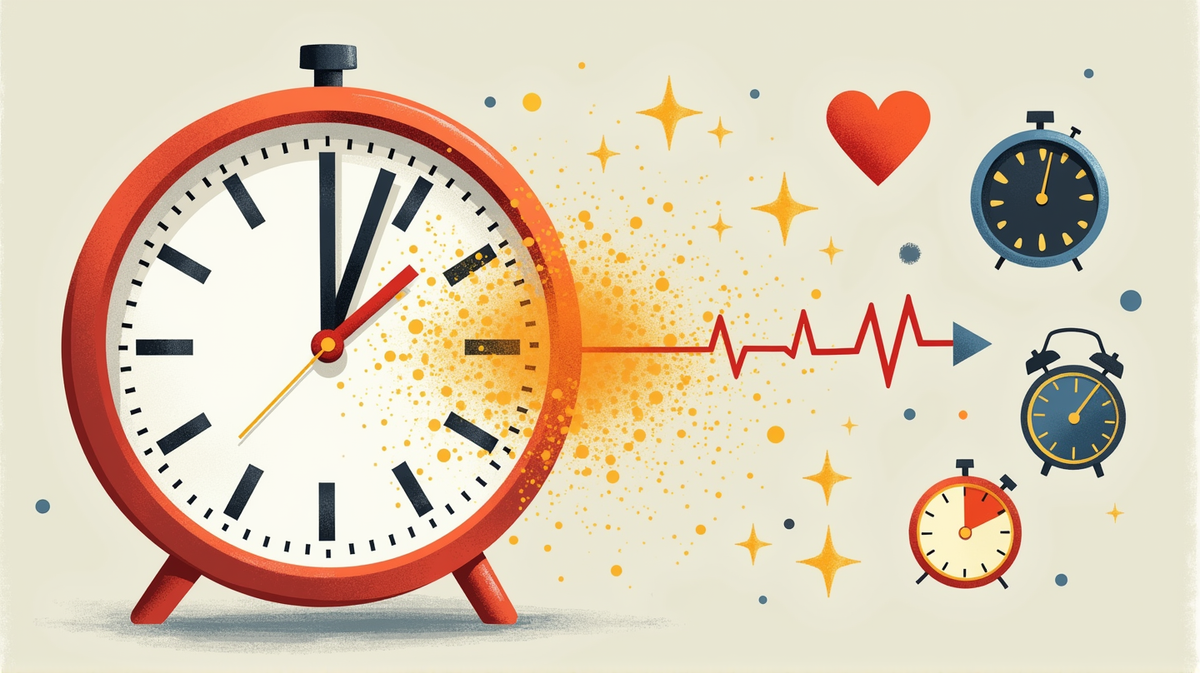How Daylight Saving Time Can Affect Your Health: Insights from Dr. Tara Narula
Explore the surprising impacts of daylight saving time on health, featuring insights from ABC News' Dr. Tara Narula.

As the days shorten and the seasons change, millions of people around the world adjust their clocks for daylight saving time. This biannual event, often seen as a mere inconvenience, holds deeper ramifications for our health and well-being than most might assume. Dr. Tara Narula, a cardiologist and medical correspondent for ABC News, sheds light on how these seemingly simple time shifts can have profound effects on our bodies and minds.
The Biological Clock: A Delicate Balance
Our bodies operate on an internal clock known as the circadian rhythm, which governs our sleep-wake cycles, eating habits, and hormonal activity. Any disruption, however slight, can lead to significant health implications. “Adjusting our clocks might seem harmless, but it can actually interfere with our biological processes,” says Dr. Narula. The transition, particularly in the spring when clocks move forward, can result in sleep deprivation, increasing the risk for heart attacks and strokes.
The Sleep Connection: A Wake-up Call
Sleep is one of the cornerstones of good health, and daylight saving time has a direct impact on our sleep quality. Losing an hour of sleep can exacerbate existing sleep disorders or foster new ones, affecting cognitive function, mood, and overall performance. “Simple measures like maintaining a consistent sleep schedule, even during the time change, can help mitigate these effects,” advises Dr. Narula.
Mental Health: The Hidden Toll
It’s not just physical health that feels the brunt of daylight saving time; mental wellbeing can suffer too. The abrupt change can lead to increased incidences of seasonal affective disorder (SAD) and other mood disturbances. “People may feel a dip in their overall mood and energy levels during this period,” Dr. Narula cautions. Acknowledging these changes plays a crucial role in addressing them and finding solutions that work.
Preparing for the Transition: Practical Tips
Dr. Narula offers practical advice for easing into the transition: “Gradually change your bedtime in the week leading up to the shift, ensure exposure to natural light during the day to regulate melatonin levels, and avoid heavy meals, caffeine, or alcohol close to bedtime.” These small steps can smooth the transition, helping your system adjust more seamlessly to the new time setting.
Conclusion: Time to Prioritize Health
Daylight saving time is more than just changing clocks; it’s about adapting ourselves and our routines to maintain health and balance. As Dr. Tara Narula notes, being mindful of these changes and taking proactive steps can pave the way for better overall health. According to ABC News, understanding and adapting to these changes is an essential part of modern living.
Embrace the time changes with awareness and care, ensuring that this twice-a-year adjustment supports rather than undermines your health and wellness journey.





